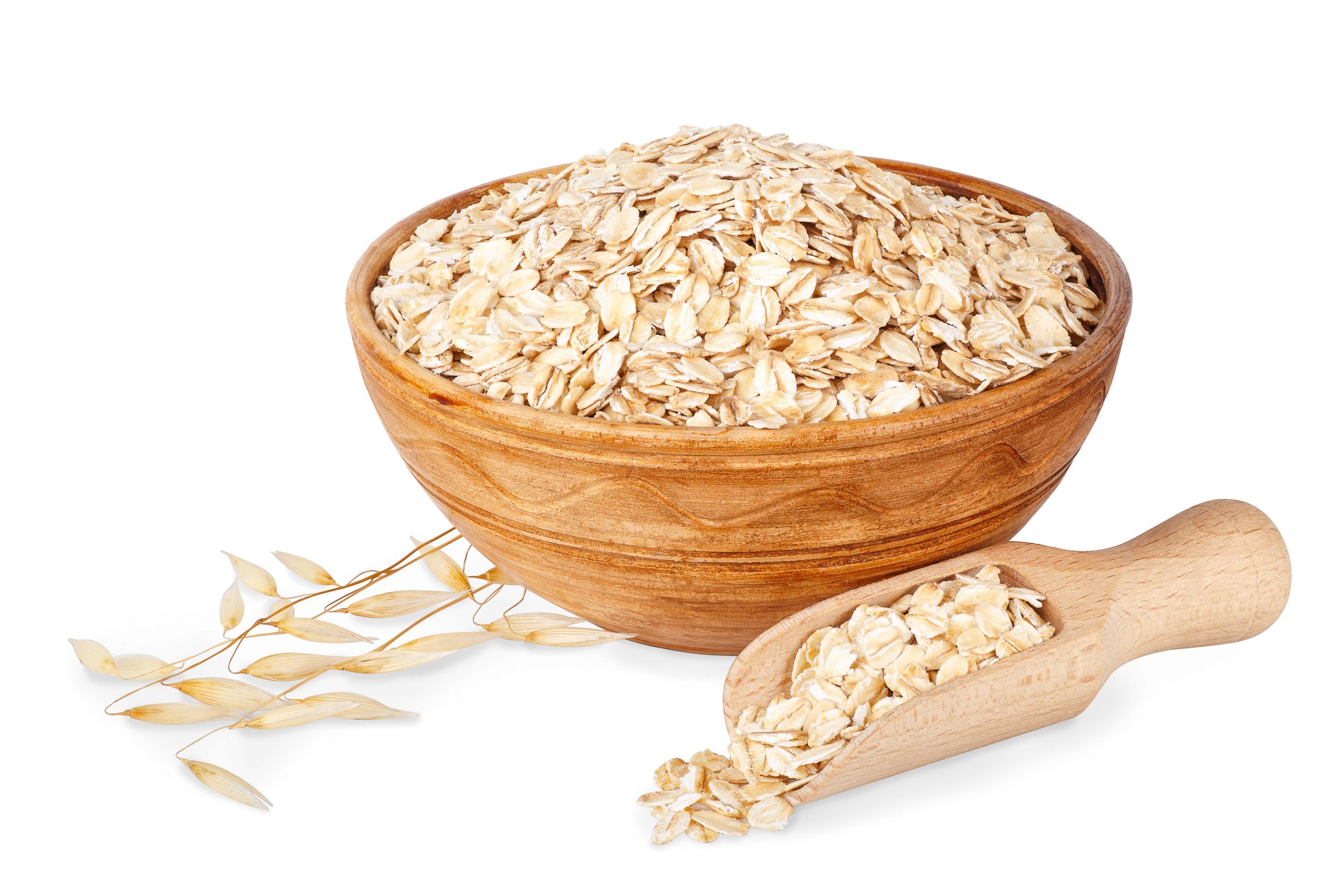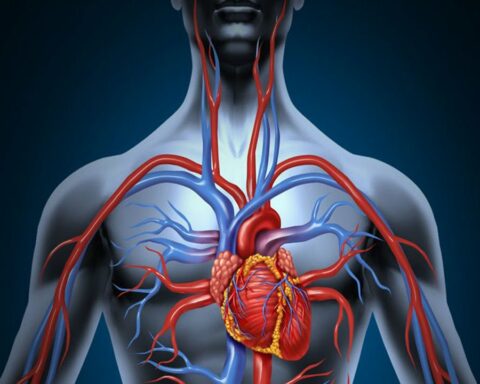Oats, scientifically referred to as Avena sativa, are cereals commonly consumed in rolled oats or oatmeal. Raw oats are rolled oat flakes that have been subjected to heat but not boiled, and they are popular globally for their association with many health benefits. Oats are versatile and are eaten while raw or cooked and in various recipes. They contain essential vitamins, antioxidants, and minerals.
Oats are among the most nutritious grains in the world, which is why you need to understand how they benefit your body. Oats are consumed whole grains, raw or in cooked forms, andcontain plant-based protein and fiber in high concentrations. Perhaps you are new to oats, but their health significance cannot be overemphasized. Due to the vulnerability of the human body to diseases, theremust be an effort to boost immunity. Therefore, this blog will explore the nutritional significance, benefits, and uses of raw oats.
Nutritional Content
Oats are the most popular grains are said to contain various nutrients. They have plant-based protein content and fiber. Besides being rich in nutrients like selenium, magnesium, and phosphorus, these grains contain soluble fiber. It is an essential dietary fiber that forms a gel-like compound when digested. One cup of oats(81g) comprises 55g carbs,11g protein, 8g fiber, 5gm fat, 27% of daily value DV selenium, 6% of the DV, 27% of the DV oat flakes.
The main compound of soluble fiber in oats is beta-glucan, which contributes to most grains’ health benefits. Protein contents in oats are alike to those found in legumes, which are rich in nutrients. These grains are highly nutritious in absorbable plant protein and supply more of this nutrient than many other grains. Oats provide more high-quality protein and soluble fiber than other grains. Moreover, it supplies more minerals and vitamins than others.
Health Benefits
Blood Sugar Control
The glycemic load of less processed oats is low to medium, making them essential carbohydrates for diabetic folks. Regulation of insulin is ideal for people with type 2 diabetes. The soluble fiber in specific oats maintains the blood sugar from rising after a meal. Diabetic people should avoid abrupt oatmeal, which contains a high glycemic index. Significantly increased blood sugars characterize individuals with type 2 diabetes. Oats lead to decreased sensitivity to the hormone insulin.
These impacts are attributed to beta-glucan’s ability to form a thick gel substance that slows the stomach emptying and glucose uptake into the blood. A research was conducted for people with type 2 diabetes who were consuming food with 4grams of beta-glucan per30 grams of carbs for three months. The result indicated an appreciable reduction of blood sugar levels by 46% in those individuals. Additionally, raw oats stabilize insulin production, which makes digestion easier.
Gut Health
Oats can support a healthy bowel by elevating fecal bulk. This impact is caused by an insoluble fiber found in oats, which, unlike soluble fiber, is not water-soluble and therefore does not form a gel-like substance. The bacteria in the human intestine do not ferment insoluble and soluble fiber at the same level, increasing your stool size. Studies suggest that oats elevate stool weight by 3.4grams per gram of dietary fiber eaten.
Research shows that regular intake of oat fiber can be a low-cost approach for treating constipation, affecting around 20% of the general population. Raw oats have oat bran naturally, though you may buy it on its own. Beta-glucan soluble fiber improves regular emptying of the bowel and inhibits constipation. Moreover, it anchors healthy gut bacteria, which may decrease the symptoms of irritable bowel syndrome and other intestinal problems.
Lowers Cholesterol
Researchers believe that various mechanisms in the body contribute to lowering cholesterol. Soluble fiber like the beta-glucan in oatmeal de-escalates cholesterol. One study revealed that those who consumed oat bran experienced a 23% reduction in overall cholesterol level. Scientifically, beta-glucan reduced low-density lipoprotein cholesterol (bad cholesterol) but did not affect high-density cholesterol (good cholesterol).
Beta-glucan functions by forming a gel in the small intestine. This gel prevents the absorption of dietary cholesterol and interferes with the reabsorption of bile salts, which serve an important role in the metabolism of fats. Studies show that raw oats produce about 26% of their beta-glucan content during digestion, contrasted with 9% for cooked food. Therefore, they affect fat metabolism and cholesterol levels to higher levels.
Enhance Weight Loss
High consumption of whole-grain cereals like oats is associated with the risk of gaining weight and obesity. Feeding on oats increases the sense of fullness for a longer time which reduces appetite. These effects are contributed by beta-glucan content in oats. The specific fiber in oatmeal, beta-glucan, makes the contents of the intestines very dense and may cause you to feel full longer. Consumption of raw oats helps prevent constipation and promote weight loss.
Rich in Nutrients
Oatmeal is rich in nutrients and contains minerals and vitamins while being low in calories. Consuming low-calorie foods rich in nutrients can supply a person with the nutrients that their body requires while helping them maintain a healthy weight or lose weight. Some nutrients include phosphorus, copper, vitamin B-1 and B-5, iron, folate, and magnesium. The nutrient composition of oats is well balanced. Oats are good sources of fiber, carbs, protein, and fat more than other grains.
Heart Health
Oats contain high antioxidants called avenanthramides which are not found in other cereal grains. These antioxidants help in reducing inflammation and relaxing arteries, promoting heart health, offering protection against coronary heart disease, and anti-itching activity. Oats contain soluble fibers like beta-glucan. According to a study conducted recently, intake of raw oats is effective in lowering blood pressure problems. Medically, blood pressure is associated with heart diseases. Therefore, heart health is improved when blood pressure is regulated.
Conclusion
Raw oat is highly nutritious. Everyone should consider oat in diets. Many nutrients found in it help to fight against body diseases. This cereal is highly affordable and available. Many people who are suffering from the above diseases should consider oatmeal. Are you suffering from any of these diseases? Do not be dismayed; seek the doctor’s counsel on how to incorporate oats in your meals. Anything consumed in excess is unhealthy, and therefore oats should not be overeaten. Do not take dry raw oats as they can cause constipation and indigestion.
- Products That Assist with Stress Relief - September 21, 2023
- TRÈFLE – THE ROAD TO THE 15TH - July 29, 2023
- Lovingly thought out educational toys - July 5, 2023






